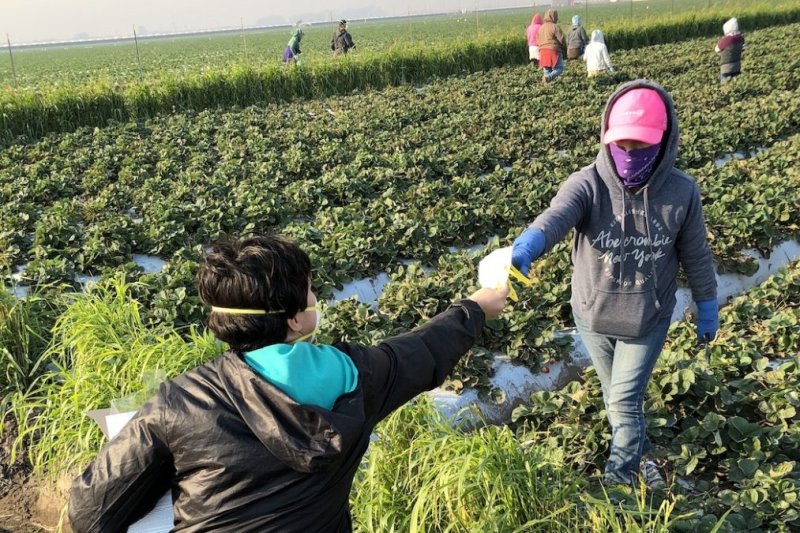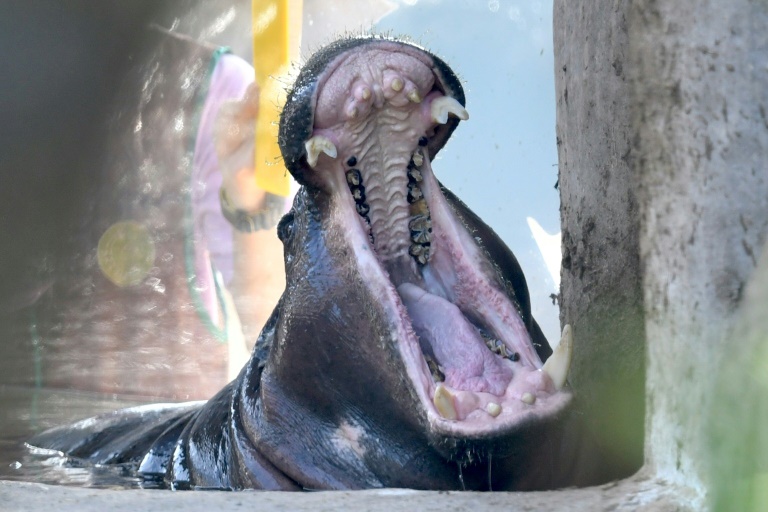
You don’t have to be an English major to appreciate that style reveals as much as content when assessing persona, character and vision. A hundred years hence, literate folks may not care whether (hopefully) the Trump Deviance was a parade of unabashed chutzpah, brazen criminality, or deranged mass hysteria – whether a direction-shifter or simply the dark terror of the American soul made visible. Significant, widespread religious “awakenings” (all perturbed with secular reality) have pockmarked our history: this episode, an amalgam of grievance, fear-mongering, and apocalypse, defines the latest in anti-enlightenment backlash.
Until receding back to the shadows, this 21st Century Extremist Lurch presses us to fully explain how such radical extremism took over a national party that at least respected election results and resisted insurrection. Though Reaganism fathered income inequality and rejection of government, no GOP leader before had ever intimated, let alone orchestrated a violent Capitol election coup, then never stopped lying about it. Even Reaganism was above such a crass low blow. Frankly, and lost in the mayhem is this simple truth: the middle and left haven’t substantially changed how they talk politics, values, and life missions. Despite that, what shakes the foundation is demonizing “the other side” as enemies of the state, if not destroyers of America, not just opponents.
1) Doomsday moralism (addicted to good vs. evil, right vs. wrong) invokes harsh Biblical language, dishing out blunt judgments that boast superiority over wicked “sinners.” Fixated moralists manufacture all sorts of “evil schemes,” thus endlessly phony conspiracies, let alone slippery slopes. Unless the righteous rule like strict, Old Testament authorities, what’s already bad will get worse – and collapse looms (unless Armageddon saves the day). Violating rational categories is par for the course. Since everyone understands theft, propaganda rants about a “stolen national election.” Inflating still further, Trump calls 2020 “the crime of the century,” as if epochal time frames enhance the ever Bigger Lie. Thus are routine, secular, certified elections transformed into cosmic battlegrounds, blasphemy against higher powers. To accept Biden is to oppose divine will, as if any well-intentioned divinity welcomes violent overthrows.
Fire and brimstone
Hyperbole abounds, with garden-variety vaccine mandates demonized as Nazi-like persecution. No surprise, considering how the Trump Inaugural introduced terms of mass destruction new to inaugurals: carnage, bleed, depletion, stolen, disrepair, stealing, ripped, tombstones, trapped, sprawl, and unstoppable. By their diction ye shall know them.
Updated this week, GOP pollster Frank Luntz made an illuminating comparison between hustling, rightwing nationalists. England’s Prime Minister
Boris Johnson has written more books than Donald Trump has read. Boris . . . gets the historic context. He can wax poetically about 2,000 years ago, 200 years ago and two years ago. Trump could not do that.
Trump captured the anger and the desire for revenge; that is not Boris at all. Think about it: Boris is amusing whereas Trump was vitriolic and mean; Boris is compelling whereas Trump was insulting. There’s a big difference. Boris is more likable, more approachable, more human than Trump was. Trump is more the middle finger; Boris was the kind of guy that you wanted to hang out with at the pub.
That summary captures corrosive Trumpism: ignorant, judgmental, vitriolic, mean-spirited and vengeful. What’s more mindlessly judgmental (in someone older than ten) than the chronic middle finger salute, cheering on militant, white supremacists. “Lock ‘em up” is the howl of moralistic fascism, with tar and feathers replacing trials against demonic forces out to “steal our country”? Even seeming Trump “tolerance” corrupts, praising violent racists as “good people, too.” The least religious of modern presidents presided over a theocratic, then later an electoral mugging.
2) Criminality defines an action that transgresses explicit rules and limits that have formalized moral and cultural values. The glory of law, if not justice, are mandated procedures: allegation, investigation, evidence, indictment and jury of peers (with judicial oversight). Trumpers fabricate non-stop election allegations but no proof, so zero levers for procedural reversal. That leaves criminals with only criminal responses: manipulate, break the law, use violence, then the leverage of office to commit election fraud, amplified by sedition and insurrection. There is method to the madness, from the Criminal-in-chief previously capable of obstruction of justice, conflict of interest, illegal emoluments, campaign finance fraud, sexual predation, coercion/bribery of a foreign leader, and bank/insurance fraud. Thus was the post-election crime spree the inevitable outcome of Trumpist contempt for law. What’s inexplicably puzzling is why serial criminality has not filled to the brim federal (and state) court houses. Justice delayed is justice defanged.
In opposition, rational, skeptical, educated folks talk the language and spirit of the law: insurrectionists are not so much morally repugnant but agents of chaos, system-breakers who must be held to account, tried and with punishments to fit the crimes. Sedition is a missile against democracy, undermining the very formal processes by which law must operate. Though criminals forever yell of persecution and scapegoating, the legally-minded temper their biases and impulses by honoring procedure. Thus does civilization defeat barbarism and reason holds sway over glorying your gut when abusing the Constitution and statutes.
3) Our third deviation, derangement (as in denial, delusion, narcissism, and instability) calls on the language of psychology to find logical, descriptive categories to explain irrational beliefs (Biden is illegitimate; Democrats kill children, eat human flesh; fundamentals know how God votes) and self-destructive behavior (refusing the science of vaccination, thus amplifying your own and everyone else’s disease and death). Being irrational is not strictly criminal but blatant rejection of public health (in the phony name of individual rights) is parallel to the anti-reality tantrum against certified elections. While one stands in awe at how much malarkey Trump and enablers believe, the recalcitrant Republican death cult drips with unhinged power-madness. Derangement adds to fixated moralism plus contempt for law – defining a cancer capable of devouring critical linkages that define community. It is a package deal, by design or outcome.
Moralism and derangement: double-edged swords
Suspicious of forcing moralistic or psychological terms onto politicians, I resist calling them evil or crazy, even when bad faith intentions and erratic behavior predominate. Do we project wickedness or craziness on a white shark hunting its lunch? In the end politics comes down to impacts on people and the planet, good and bad. We may vote for honesty, trustworthiness and good intentions but it was not FDR’s moral purity that made him arguably our most important president. Nixon, second in criminality and instability to Trump, approved the EPA, eased Cold War tensions with nuclear agreements and made useful, diplomatic breakthroughs with China.
One-third of this primitive country constitute shrill Trumpers, cheering on his middle finger salute towards menacing elites, bureaucrats, opponents and government itself. “Rugged individualism” informs its own reality-denying, perverse religious mania. The delusion of phony individualism (except for hermits) is as deranged as Trumpism in a modern world rife with interconnectedness, whether viruses, communication, transport, supply chains, or getting your own slice of reality from cable TV. the internet or psychic messages from invisible spirits.
Moral judgments instantly boomerang in political exchanges: if their guy or movement is immoral or deranged, why not our champion and our value system, hardly without contradictions or flaws? But criminality is different, and law offers tested (if imperfect) procedures to determine reality, as with bias-free science and first-class scholarship. Civilization (especially democracies) depends on explicit procedures, transparency and balance to determine truth, if not justice. Otherwise, all bets are off. If Trump’s was a criminal presidency, banking on using office to escape indictments, that must be settled and his brew of toxins neutralized, however long it takes. If Trump finally turns out to be what many conclude – an immoral, incorrigible, malignant narcissist oblivious to the damage he causes – history will verify that in spades. I just hope Armageddon doesn’t come first and ruin all the fun.













